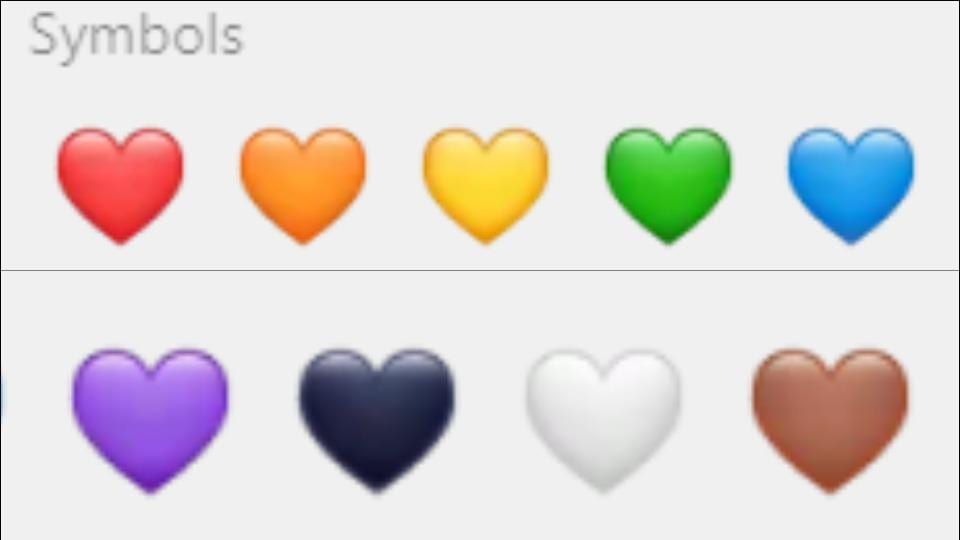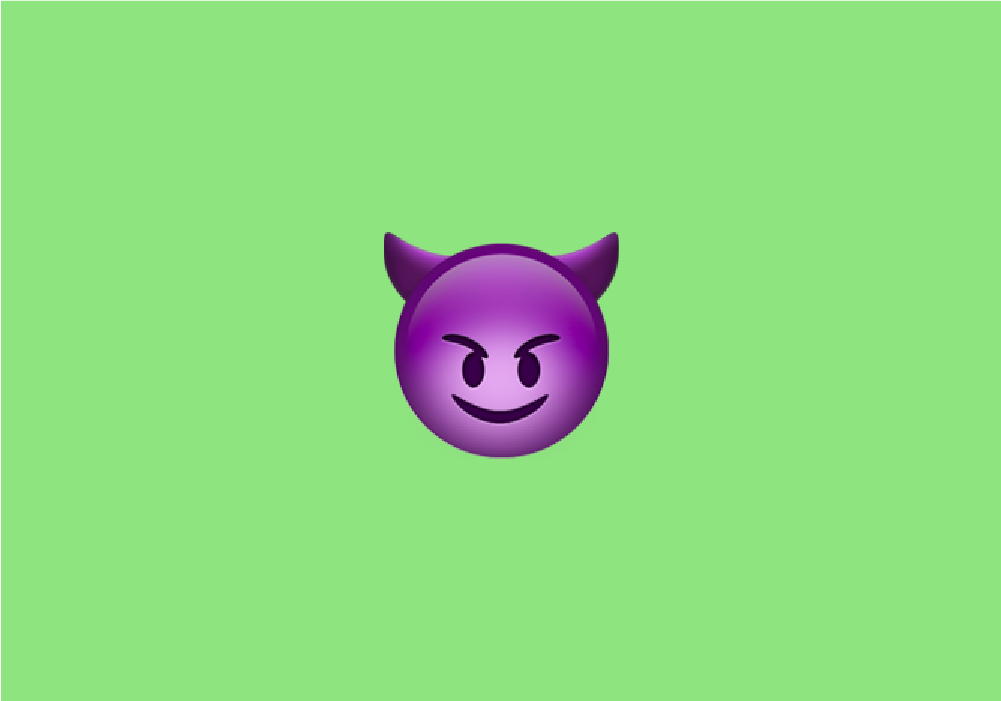
Emoji
What Does the Devil Emoji Mean? A Complete Guide

What Does the Devil Emoji Mean? A Complete Guide
You’ve probably received or seen the devil emoji in a text message, social media post, …
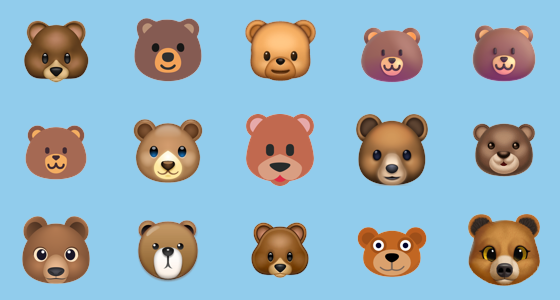
What Does the Bear Emoji Mean? A Comprehensive Guide
Imagine this: you’re texting a friend, and they send you a message with a bear …
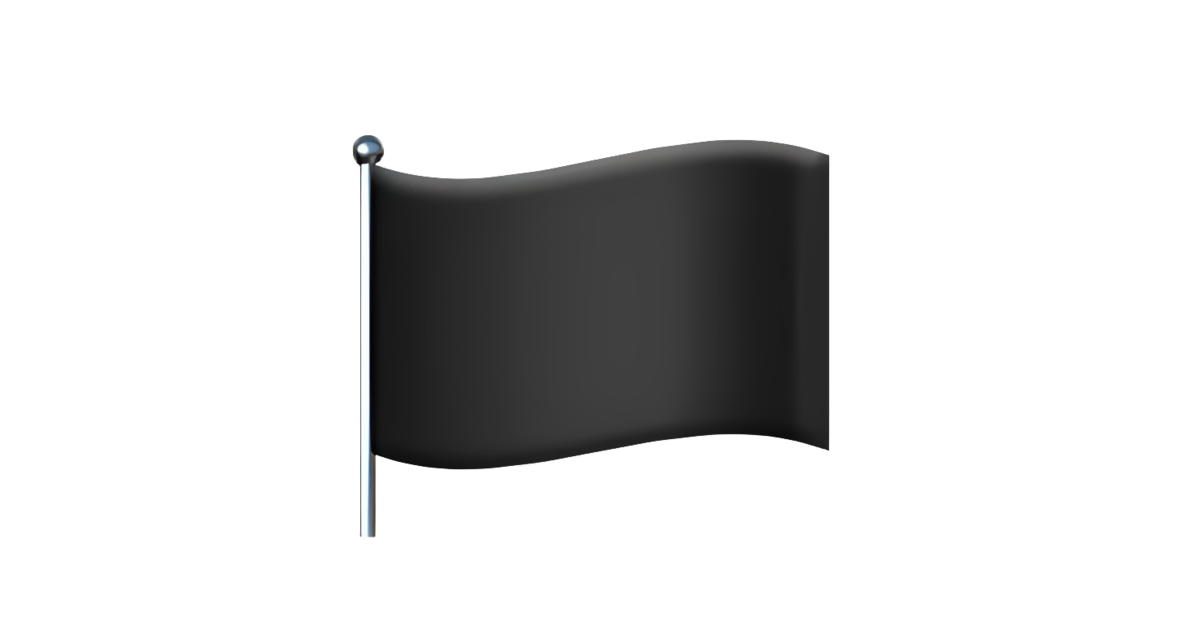
Black Flag Emoji Meaning: Symbolism, Usage, and Hidden Meanings
This article delves into the multifaceted meaning and usage of the black flag emoji. We explore its symbolism, tracing its evolution and cultural interpretations across different contexts. Understanding its nuanced implications is crucial for effective digital communication, avoiding misinterpretations and ensuring your message is accurately conveyed. Learn how this seemingly simple symbol can carry complex meanings depending on its usage.

What Does the Croissant Emoji Mean? A Complete Explanation
The world of emojis is constantly evolving, and while some symbols are straightforward, others carry …
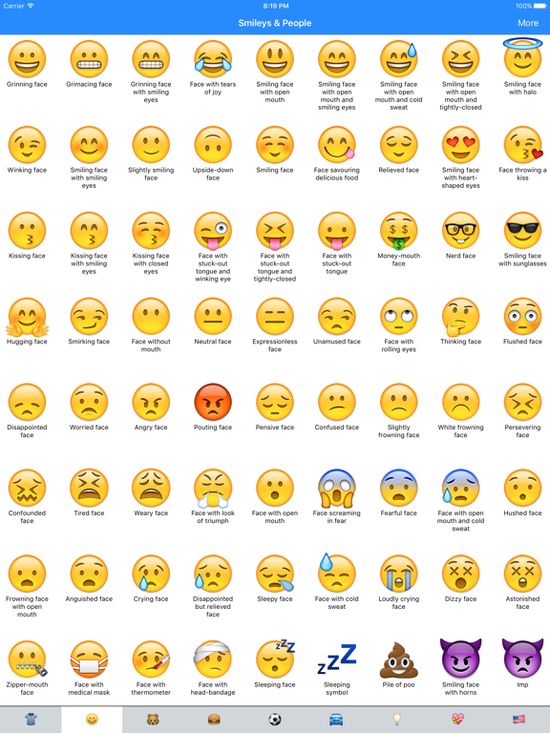
iPhone Emoji Meaning: A Complete Guide to Understanding Emojis
This comprehensive guide unlocks the hidden meanings and nuances of iPhone emojis. We delve into the subtle shifts in interpretation, explore global trends, and provide reliable information on proper emoji usage. Learn how to interpret emojis accurately and apply them thoughtfully in your communications to foster meaningful connections. Master emoji etiquette and enhance your digital interactions with this essential guide.

What Does the Devil Emoji Mean? A Complete Guide
You’ve probably received or seen the devil emoji in a text message, social media post, …

What Does the Bear Emoji Mean? A Comprehensive Guide
Imagine this: you’re texting a friend, and they send you a message with a bear …
